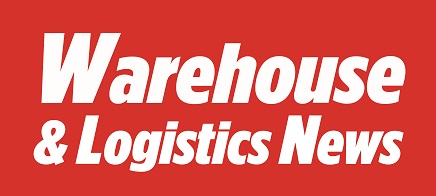For many businesses, surplus stock is an unavoidable reality. Returns, seasonal items, packaging changes or simply over-ordering can leave warehouses with products that are perfectly usable but difficult to sell. Too often, these goods go to waste.

That is why the government’s proposal to introduce VAT relief on business donations of goods to charity is such a significant development. Currently, businesses face a VAT bill if they donate goods to be provided by a charity for free to those in need. Destroying surplus goods avoids this charge, meaning that it can actually cost more to give away stock than to dispose of it. Understandably, this has acted as a barrier to charitable giving.
Following years of advocacy by UKWA and others, this long-standing anomaly is finally under active review. HM Treasury’s consultation on VAT relief for charitable donations closed in the summer, and with the Autumn Budget approaching, industry and charity leaders alike are hopeful that change may soon be delivered. If implemented, this measure would make it far more cost-effective for companies to support people in need, while also reducing waste: a win for society, the environment, and for business.
The warehousing sector is well placed to lead. UKWA has several charity members, including The Felix Project, which redistributes surplus food across London, and Salvation Army Trading, which handles clothing donations nationwide. These organisations demonstrate the logistical expertise required to collect, sort and distribute goods at scale and the transformational impact such work can have in communities.
We believe more charities could benefit from engaging with our sector. To encourage this, UKWA offers registered charities a 25 percent discount on membership, opening up access to our knowledge base, events and advocacy work. We also extend the same 25 percent discount on our Warehouse Manager CPC qualification, helping to professionalise operations and build skills in charitable organisations that increasingly handle complex logistics.
This is about more than tax reform. It is about recognising that warehousing sits at the crossroads of commerce and community. By unlocking surplus goods and putting them to good use, our industry can demonstrate its social value as well as its economic importance.
Of course, we await the Chancellor’s decision with interest. But whatever the outcome, UKWA will continue to champion initiatives that make warehousing part of the solution to poverty, to waste, and to the challenges facing charities today. We would love to hear from any businesses navigating these challenges, to strengthen our evidence base.
When business and charity work hand in hand, supported by sensible government policy, the results can be life-changing. It is time to ensure that surplus stock is no longer seen as a burden, but as an opportunity to do good.
Clare Bottle
UKWA, CEO





Comments are closed.